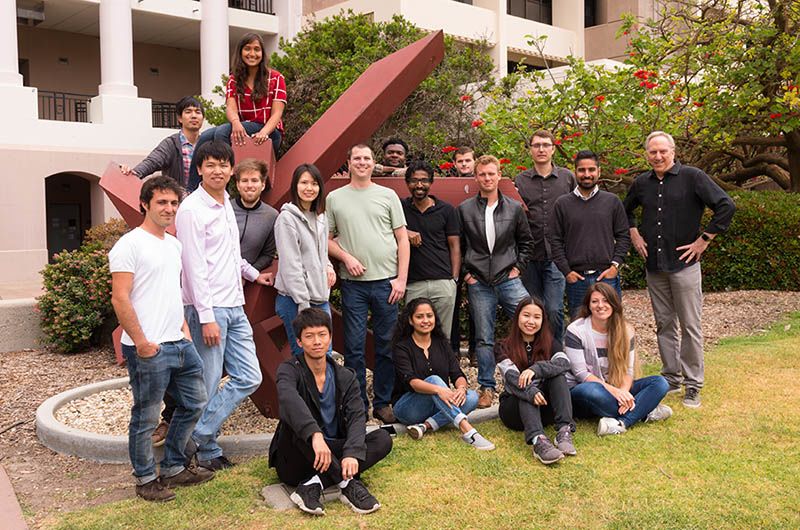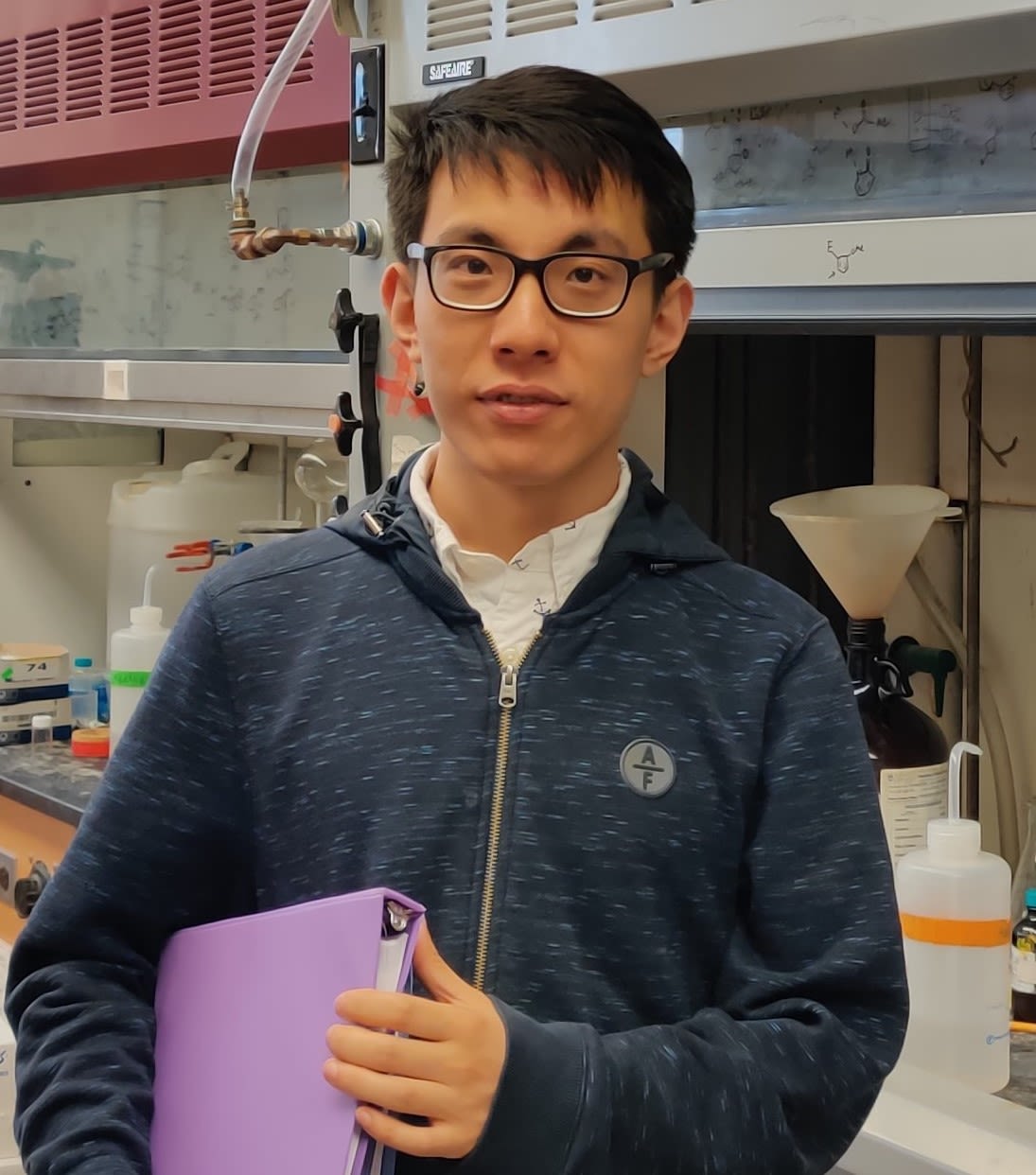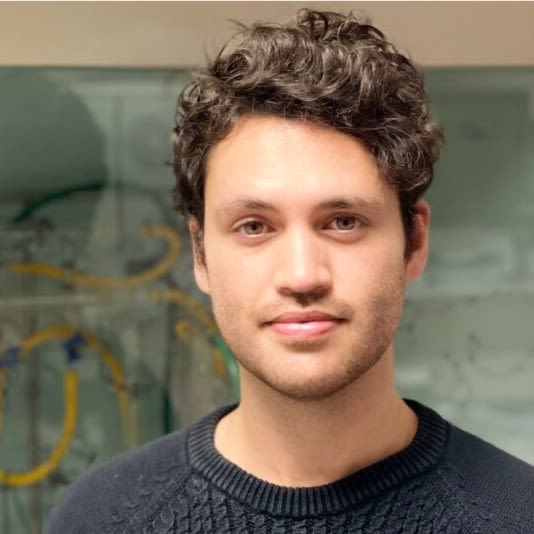These chemistry researchers made bold career moves – see where it led them
Three Reaxys PhD Prize winners talk about their unique career choices and share career advice for early-career researchers

As anyone who works with chemical reactions knows, change does not always come easily.
That’s as true for chemists as it is for chemicals. When Prof Bruce Lipshutz of the Department of Chemistry & Biochemistry at the University of California, Santa Barbara spoke to Elsevier Connect last year, he highlighted the challenges he had experienced in his career when driving for water-based organic chemistry:
If you’re doing something transformational, you’re going to come up against a lot of resistance. You have to find ways to keep going; you have to keep driving the message.
Bruce gave the keynote speech at the most recent Reaxys PhD Prize ceremony, held online in November. He addressed an audience of chemists who, along with much of the world, are in the midst of major upheaval. Amid the challenges, each of them is still driving for change, both in the work they do and in their career development.
We caught up with three of the 2020 winners to understand how their worlds are changing.
Prof Bruce Lipshutz (far left) with his students outside the research center at UC Santa Barbara.
Prof Bruce Lipshutz (far left) with his students outside the research center at UC Santa Barbara.
Jianchun Wang, PhD
Changing specialization to follow his passion
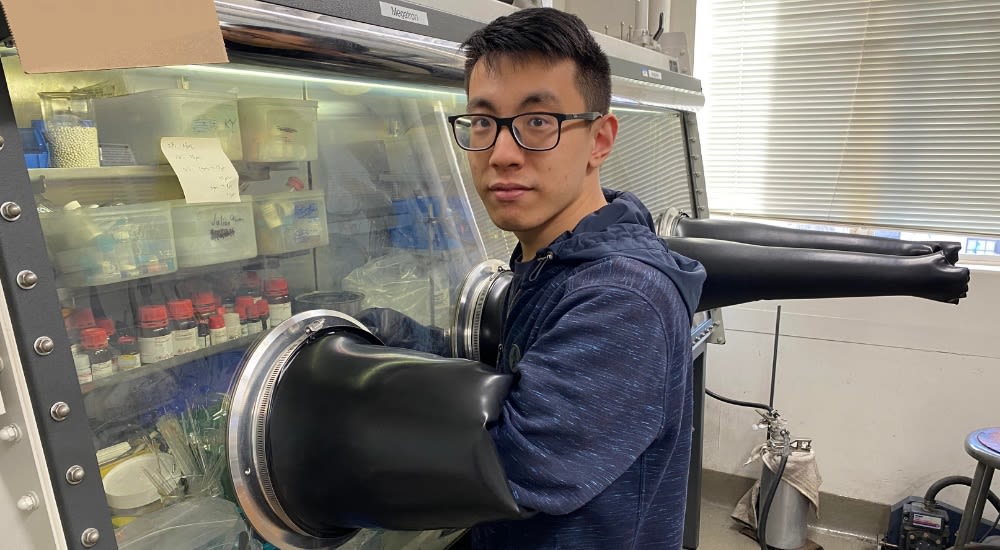
Dr Jianchun Wang, a postdoctoral researcher at the California Institute of Technology, certainly embraces the responsibility of organic chemistry, winning for a new co-catalyst design that could solve a long-standing constraint in an important reaction palladium-based reaction.
As it turns out, however, organic chemistry wasn’t his first field of expertise. He began his chemistry career with a focus on polymer chemistry
I initially studied at Peking University in China, which has a really good chemistry program. I was first interested in polymer chemistry and was really excited about making new materials.
Jianchun started to study forms of metal catalysis that were commonly used in organic chemistry, which led to him getting a placement in a lab specializing in that area.
I was pretty lucky because at the time I didn’t have much experience in organic synthesis, so I had to learn it step by step from the people around me in the Dong group. Later, I was given this project to investigate Catellani-type reactions, which was what I won the Reaxys Prize for. It took me about two years, but by the end I’d just fallen in love with organic chemistry.
As he sees it, the opportunity to explore new areas and learn from others is one that any researcher should seize
I’d encourage anyone to explore a new area. Current science is extremely multidisciplinary, and succeeding means learning new skills and learning from others. I learned a lot from changing focus, and it prompted me to read a lot, too
As a winner of the Reaxys PhD Prize, Jianchun explained how Reaxys itself can facilitate the transfer of knowledge among disciplines:
I think every organic chemist would agree that it’s a really useful tool. It’s very user friendly. For example, when we want to run a reaction, and especially if it’s one we don’t know that well, we can search on a different set of conditions and compare which one is most promising. We can search other disciplines, such as medicinal chemistry, if it’s likely they’re using something similar, and if we discover something we think is new, we can check whether it’s a known reaction.It saves a lot of time and introduces you to a lot of new information
It saves a lot of time and introduces you to a lot of new information
Dr Jianchun Wang, postdoctoral researcher at the California Institute of Technology
Dr Jianchun Wang, postdoctoral researcher at the California Institute of Technology
Rupert Proctor, PhD
Putting yourself forward and making opportunities
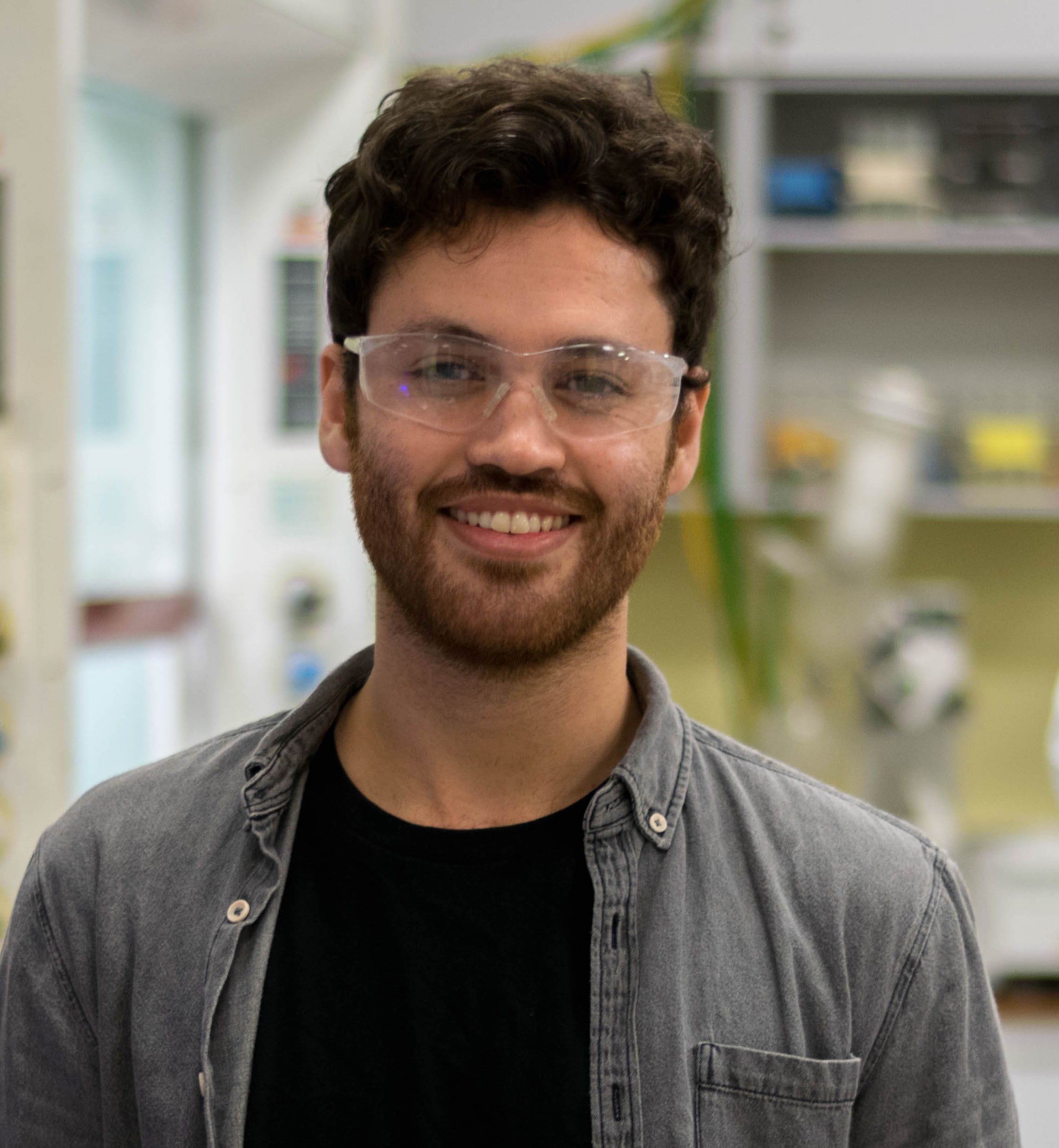
Dr Rupert Proctor understands the benefit of putting yourself forward. Following his PhD at the University of Cambridge, which focused on using non-covalent interactions to exert control on organic reactions, Rupert joined Prof Gonçalo Bernardes’ research group for a postdoc working in chemical biology. Soon, he will start a position in the Chang Lab at the University of California, Berkeley.
How did these opportunities open up? By asking. As Rupert explained:
I emailed Professor Chang, whose research I was fascinated by, and asked him if he’d be interested in supporting me for a fellowship to join his lab. And he said yes.
Of course, things weren’t quite so simple as that. Rupert worked Prof Christopher Chang to find fellowships to apply for, and eventually one of the applications was successful, giving Rupert the funding he needed. But the first step was to reach out for help — something Rupert would advise for other researcher:
It can be nerve-wracking. Especially because I was changing field and moving somewhere with a very strong reputation. But people are really friendly and very happy to help. You just have to overcome the fact that it’s a bit daunting.
Like many researchers, Rupert uses Reaxys to build molecules and finds that it gets him to the right result much quicker.
I use Reaxys to find out how to make all the compounds I need for my research. That’s pretty much what you do in synthetic chemistry – you make stuff. Reaxys can help you find good conditions quickly, which speeds up the process a lot.
Dr Rupert Proctor is a postdoctoral researcher in Chemical Biology in the Bernardes Group at the University of Cambridge.
Dr Rupert Proctor is a postdoctoral researcher in Chemical Biology in the Bernardes Group at the University of Cambridge.
Keiichi Yano, PhD
Bridging academia and industry
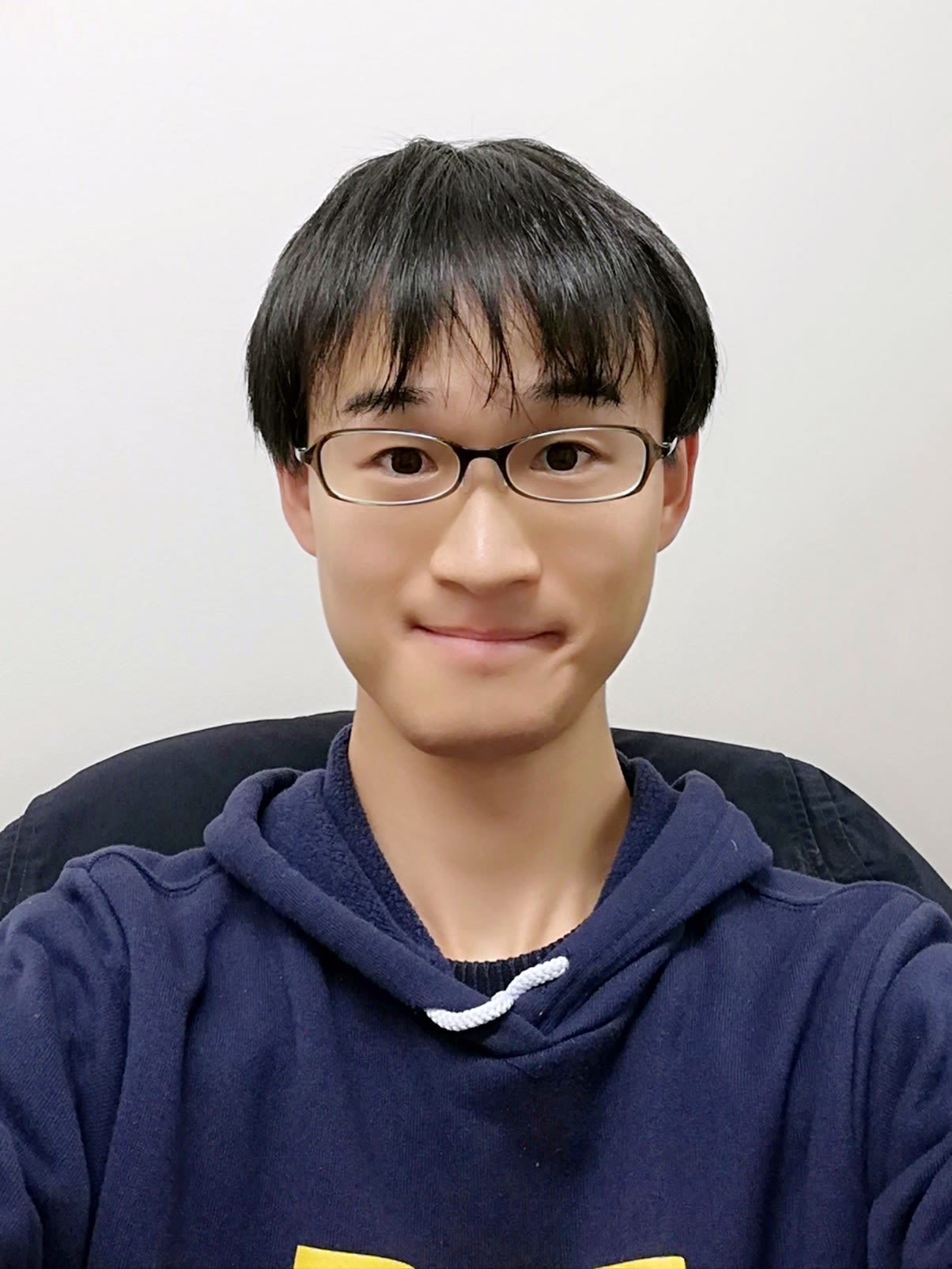
For Keiichi Yano, change took the form of moving from academia to industry. Following a PhD at The University of Tokyo and a postdoc at the University of Michigan Biointerfaces Institute, he joined the building construction company Shimizu Corp, Institute of Technology That leap was especially pronounced, as initially he’d been involved in fundamental research. He explained:
It’s maybe an unusual move on the surface because I really love to study, and I really love fundamental research, which I did as a postdoc and a PhD student. But I knew as well that it would be really good for me to learn how to connect that research to real-world industry applications.
Keiichi’s PhD work focused on materials science combining supramolecular polymers and liquid crystals, whereas in a postdoc he worked on terahertz nonlinear optics, which describes the behavior of light in nonlinear media. Right now, he’s working on environmental analysis of toxic gasses, which brings together chemistry, optics and computer science.. The change was made easier thanks to the people around him, he said:
It’s a little bit scary, but at the same time it was really quick, because everyone around me was a professional, and I was able to catch up very quickly. I’d really recommend it. It’s a change in culture, and a way to expand and enrich your perspectives.
One benefit of seizing an opportunity to expand your area of research is that you become a specialist in a field of your own definition, Keiicchi explained:
When I’m talking to younger researchers who are considering this kind of change, I point out that you might be in the top 1 percent of your current field, but if you master two kinds of research at the top 1 percent, you’re kind of in the top 0.1 percent of people who do both. That’s my mentality when it comes to learning new things.
Keiichi noted that there are some significant differences between the way academia and industry approach things: for example, there’s an emphasis on publishing research in academia, whereas industry is more focused on solving an issue for the company or its related industry:
The mental setting is completely different. I feel like academia is more curiosity driven, whereas industry is more about problem solving. But of course the two have a lot to offer each other when those two needs meet.
Indeed, Keiichi sees collaboration as crucial, not only between industry and academia but among companies from different industries:
My future goal is to work in collaborations with different companies. For example, if a company is operating in the field of biomedicine or machine learning robotics and they have a problem in the field of chemistry or optics, then I can contrbute to the task they’re working on. That kind of bridging between different industries is really interesting to me.
For Keiichi, Reaxys is a useful tool for getting better results more quickly. He explained:
I used Reaxys when I made my new molecule. It’s kind of a tricky molecule, with three parts: a core part, a side chain part and a termini part. Each of those are very sensitive to reaction conditions such as basic or acidic. So it's kind of tough to make an optimized reaction. Plus, in my research, it requires a lot of material, so process optimization is really important — you can’t afford to get it wrong and Reaxys helps me get it right. In that regards, Reaxys plays a very important role in ensuring I can synthesize enough quantity of my materials.
Following a PhD at The University of Tokyo and a postdoc at the University of Michigan Biointerfaces Institute, he joined the building construction company Shimizu Corp.
Following a PhD at The University of Tokyo and a postdoc at the University of Michigan Biointerfaces Institute, he joined the building construction company Shimizu Corp.
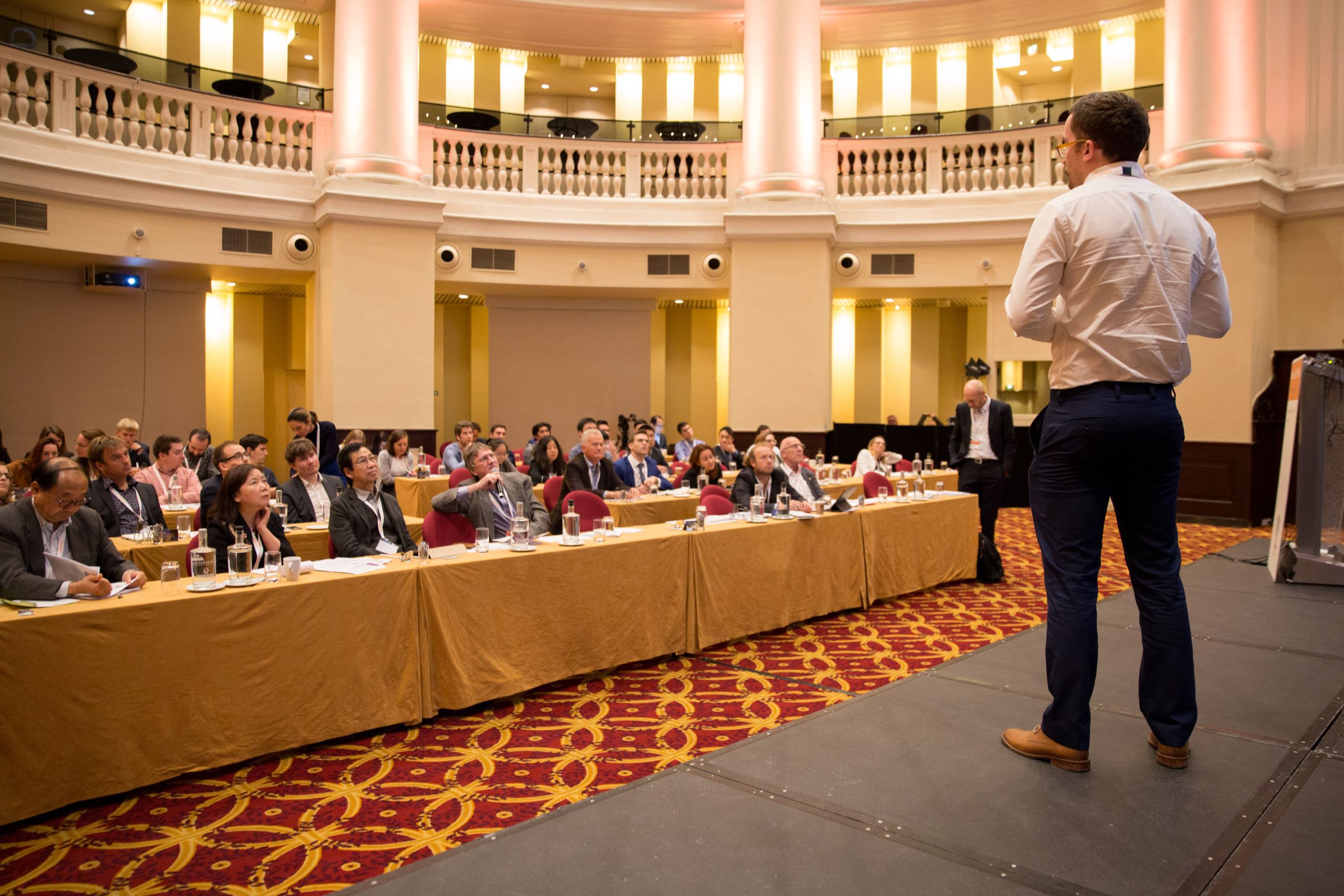
About the Reaxys PhD Prize
In its 10th year, the Reaxys PhD Prize is a unique global competition open to PhD-level scientists from all research areas related to chemistry.
Being a finalist comes with benefits that can help advance your career, connecting you with other ambitious, talented and innovative early-career researchers.
